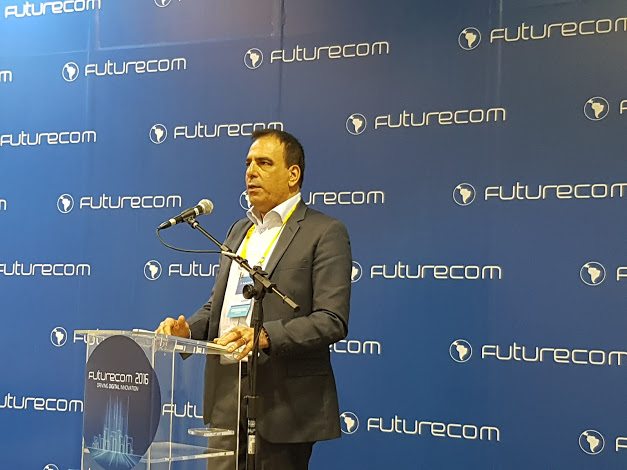SÃO PAULO – According to Vivo CEO Amos Genish, “5G” won’t happen in Brazil before 2022, and is not a priority for the Brazilian telecom operator – and Telefonica subsidiary – at the moment.
“Globally, 5G is still under standard definition and it won’t be a reality before 2020,” Genish said during a press conference at this week’s Futurecom 2016 event. “Concerning Brazil, the country will take at least two years after that to begin 5G deployments. We have other issues to address before that.”
Genish said Vivo is focusing its investments on improving the quality of its broadband, with fiber deployments, “4G” deployments and on refarming part of its spectrum band in the 1.8 GHz band in support of LTE. Vivo said it has already refarmed five megahertz of spectrum, but didn’t say how much more it planned to cull from its 2G and 3G services moving forward. In addition, Vivo is working with carrier aggregation to deploy LTE-Advanced, and also is looking at radio access network sharing and at eventually decommissioning legacy technologies.
Wide connectivity, with high-speed broadband and more 4G services, are the base of telco’s future. While it designs its “internet of things” strategy, Vivo is looking beyond just being the provider of the connectivity.
“We are having conversations to build our ‘internet of things’ business model, as providing SIM cards to machine-to-machine generates low profitability,” Genish explained. “We are in the competition to become the provider for car connectivity to one of the largest Latin American vehicle manufacturers,” though he declined to name the company.
Vivo has seen voice revenue drop 22% between 2011 and 2015, which has led the carrier to attempt a transformation to become a digital service provider. The strategy is to use big data and analytics tools to better understand customers and be able to personalize offerings as well as new services and products. Beyond that, Vivo is looking to compete with Google and Facebook on advertising.
“No one knows our customers better than we do,” Genish added.

